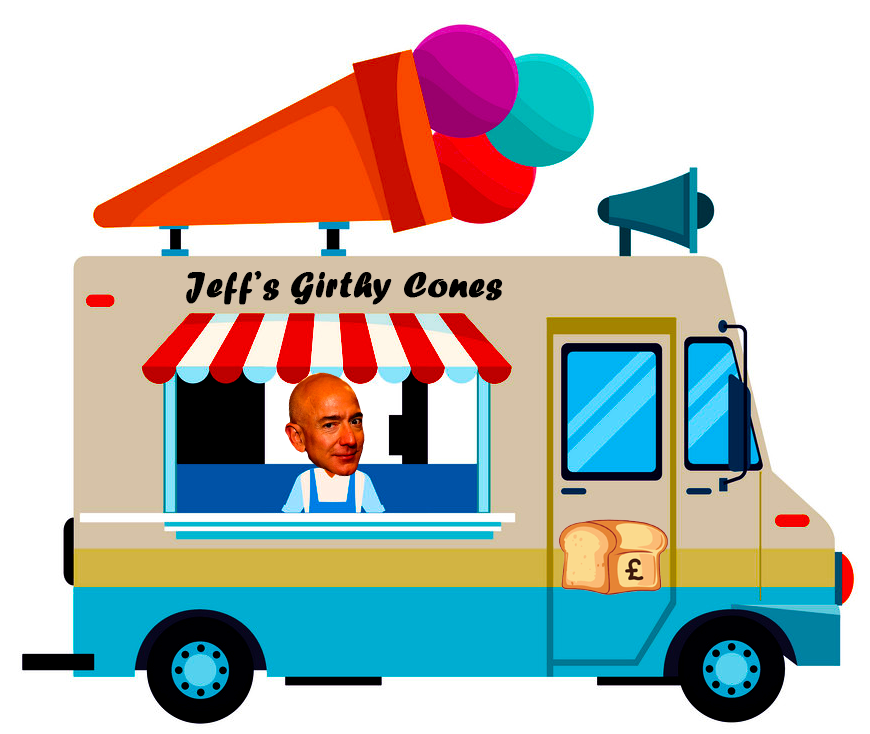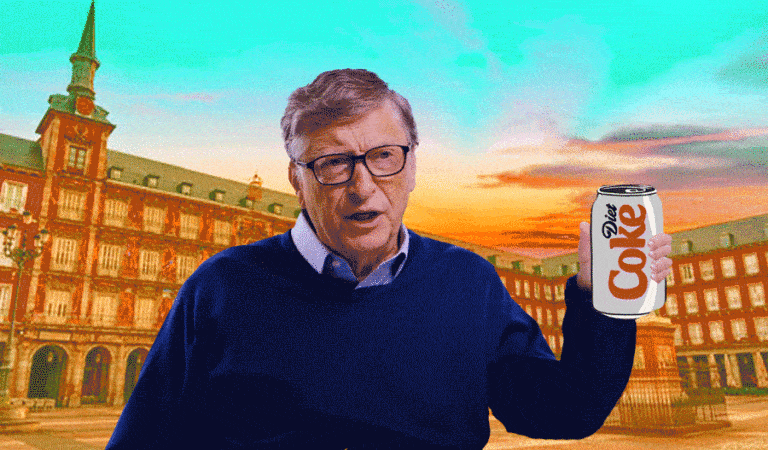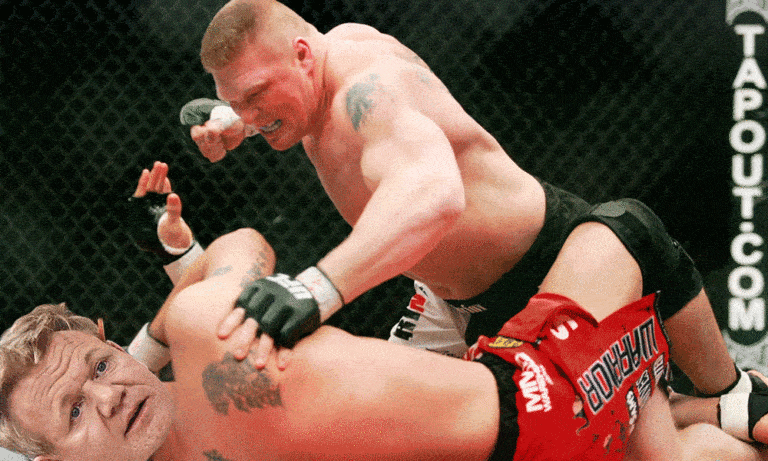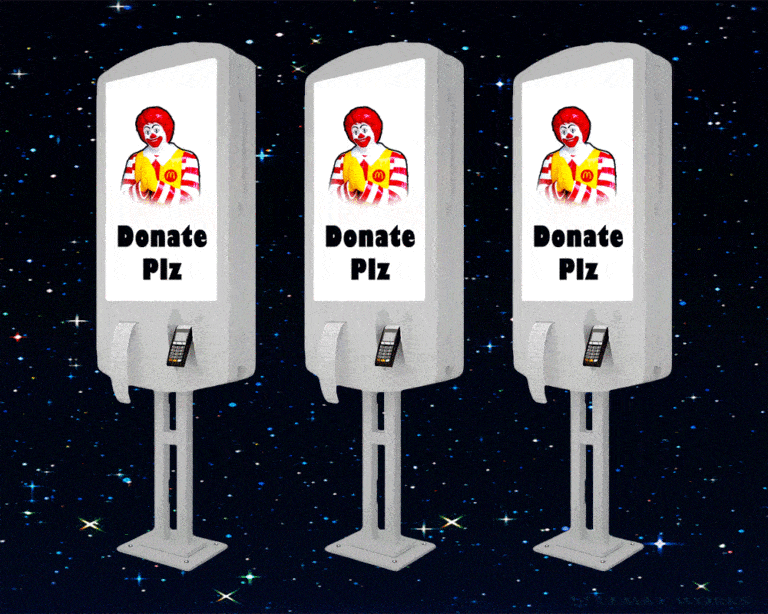How Lucy Gemmell Built A £100 million Catering Business
In 1996, Lucy Gemmell started a catering company without a name. Today it’s called Rhubarb, and it’s an absolute monster.
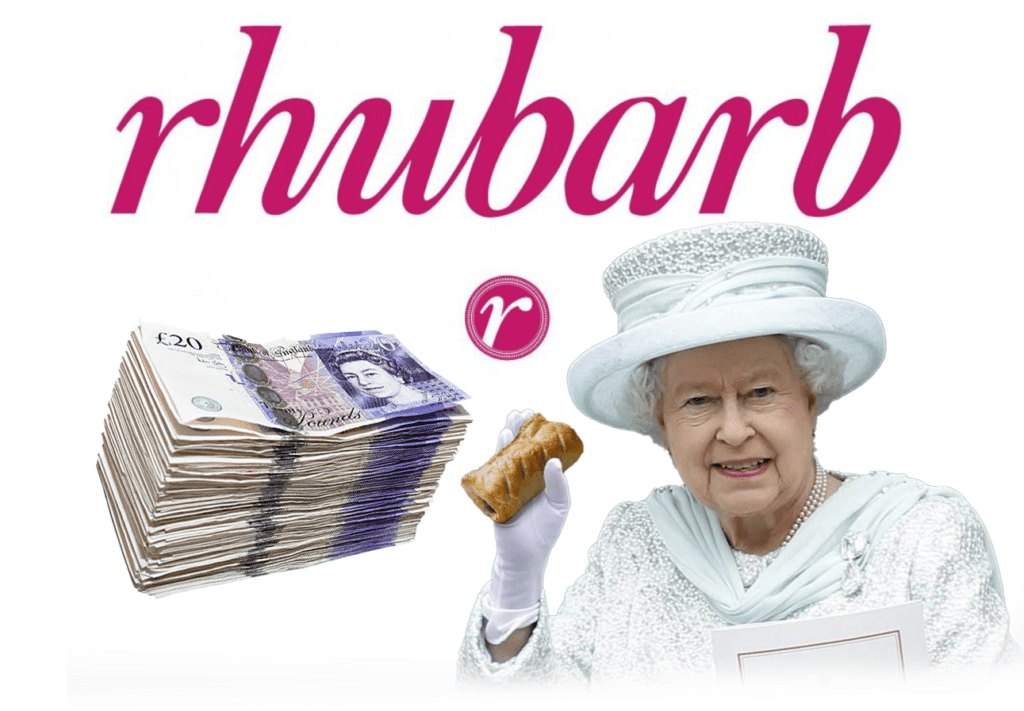
If you’ve worked in London hospitality for a while, then you already know about Rhubarb Food Design. They have been right at the top of high-end event catering for going on 20 years, even though these days events only make up a third of their actual business.
While the average UK caterer makes less than £125,000, Rhubarb will clear over £100 million in 2022.
Here’s how they became so successful.
The Early Years
After working for a few London-based caterers like the Admirable Crichton, in 1996 Lucy Gemmel decided to go into business for herself. Whilst there’s not much out there about those first few years, what we do know is that by 1999 Rhubarb was already making national press by catering for the royal family.

Obviously, this was a huge win for the company. The royals typically endorse tradition, and to be trusted with such a prestigious event as such a young company is really something. Over the next 5 years, off the back of the coverage, Rhubarb worked with clients like Elton John and Andrew Lloyd Webber to cement themselves as London’s coolest high-end event caterer.
By 2003, Rhubarb was making £4 million per year in revenue. The business at that point was pure event catering – From weddings to the dinner parties of the London elite, to premieres for movies like About a Boy and Die Another Day.
15 WILDLY LUCRATIVE FOOD BUSINESS IDEAS
A whole other level
In 2003, Rhubarb expanded its business by signing a long-term concessions contract with Ascot Racecourse. The move made sense – Ascot was an Iconic location with a high footfall, and Rhubarb’s established catering business specializing in high-end hospitality.
The contract worked out great and was the first of many similar deals. By 2008, revenue had surpassed £10 million per year. Today, Long term venue contracts like these seem to do more for Rhubarb’s bottom line than any other income stream.
Rhubarb took another big swing in 2009, when it made its first move into the restaurant business. They opened a 54-cover champagne bar at Terminal 3 of Heathrow Airport – another High Footfall location, with a High-End clientele.
By end of 2011, Rhubarb was far more than just an event caterer. Revenue was £27 million:
- £10 million from events (Including a collaboration with Heston Blumenthal at the world 50 best restaurant awards)
- £11 million from venue contracts (including a monster of a contract for The Royal Albert Hall)
- £7 million from their growing portfolio of bars and restaurants.
Venture Capital
In 2012, a venture capital firm called ECI bought a minority stake in Rhubarb for £12 million. At this stage, founder Lucy Gemmel exited the business.
In the 4 years that followed, Rhubarb doubled in size once again. Notable wins include long-term contracts at the Goodwood Estate and the Sky Garden, as well as some healthy organic growth from the events and restaurant sides of the business.
By 2016, revenue had reached £60 million.
International Growth
In 2016, A Private Equity firm called Livingbridge bought ECI’s stake in Rhubarb for around £38 million. Their goal was to, shocker, double the revenue of the business by 2020. They planned to do this by replicating the company’s London success in international markets.
Obviously, Covid 19 had other ideas. Rhubarb’s whole operation was completely locked down for the majority of 2020. Impressively, unlike most other firms in hospitality, Rhubarb stayed profitable right through the pandemic.
With the world now back up and running again, 2022 looks like it will be Rhubarb’s biggest year ever. They have acquired a New York-based Caterer called Sonnier and Castle, as well as new restaurants in New York and Berlin.
We’ll have to see how it plays out.
